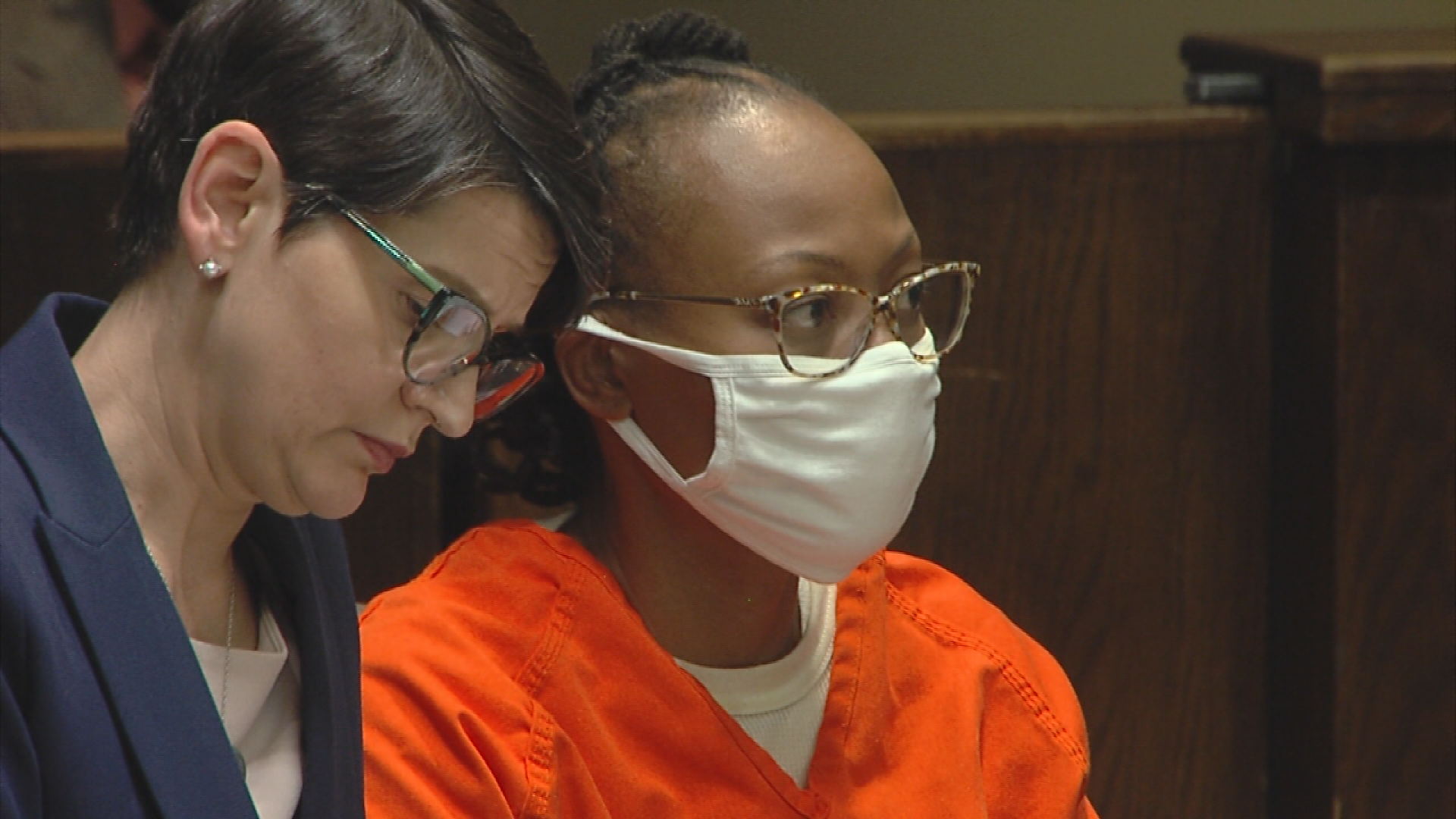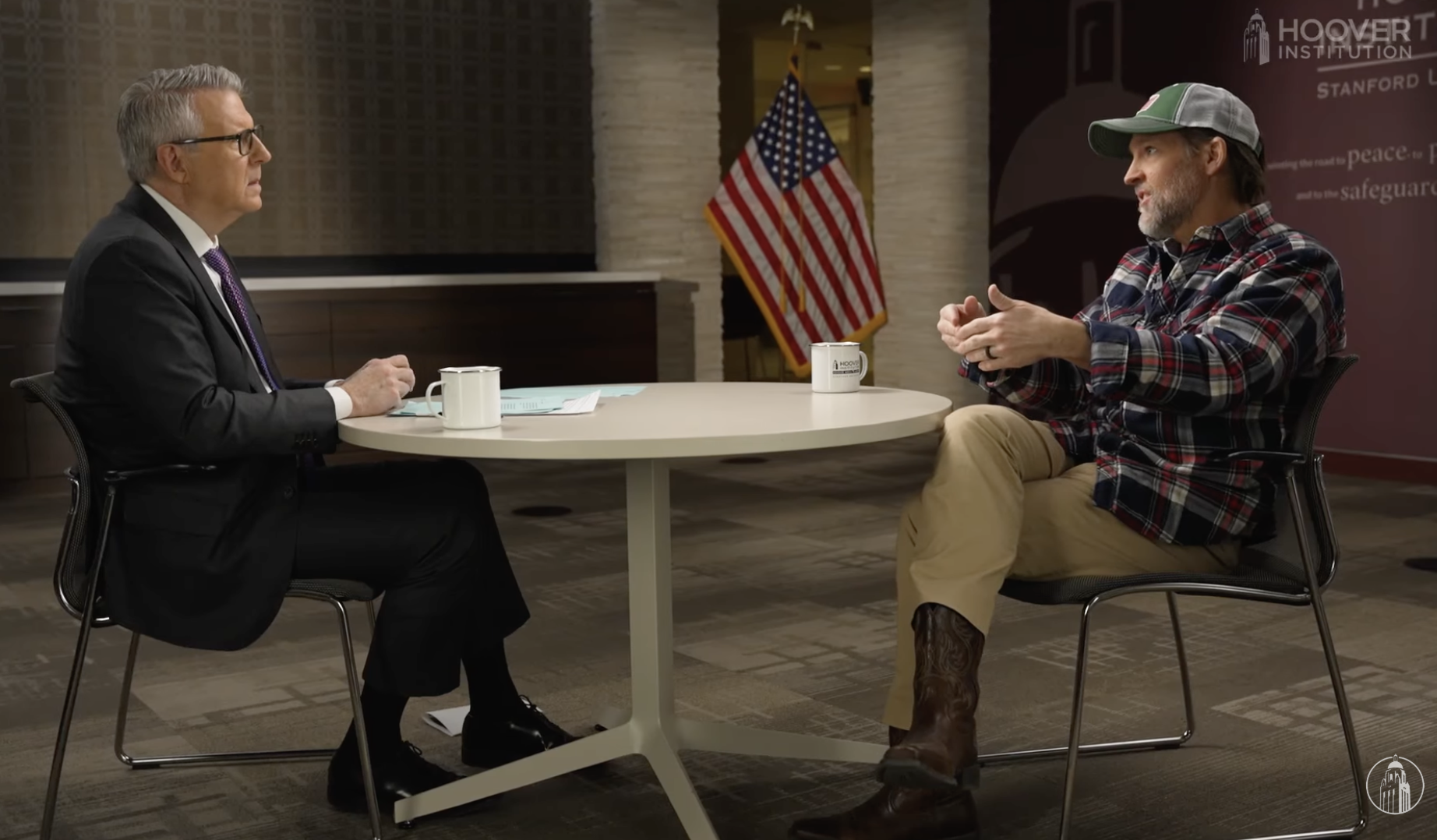ISIS Can't Kill Christ - Historic Church Reopen in Mosul After 8 Years
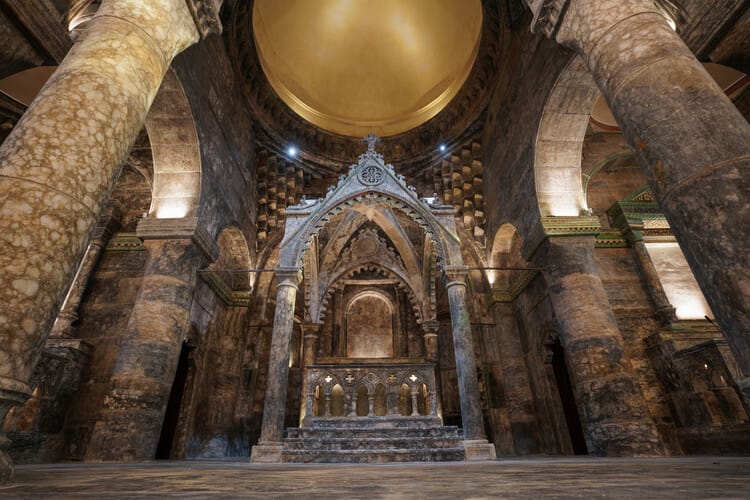
Mosul, Iraq - Eight years after ISIS terrorists destroyed historic Christian churches in Mosul, Iraq, two landmark churches officially reopened in September 2025 following extensive restoration work, marking a significant moment for Iraq's dwindling Christian community.
The Church of Our Lady of the Immaculate Conception (Al-Tahira Church) for Syriac Catholics and the Church of Our Lady of the Hour (Al-Saa'a) within the Dominican Monastery were officially reopened on September 1, 2025. The ceremony was attended by Iraqi Prime Minister Mohammed Shia al-Sudani, government officials, and representatives of international organizations.
The churches, located in the heart of Mosul's Old City, were among the cultural treasures devastated during ISIS's occupation of Mosul from 2014 to 2017. ISIS desecrated holy sites belonging to Iraq's minority groups including Christians and Yazidis, forcing believers to flee.
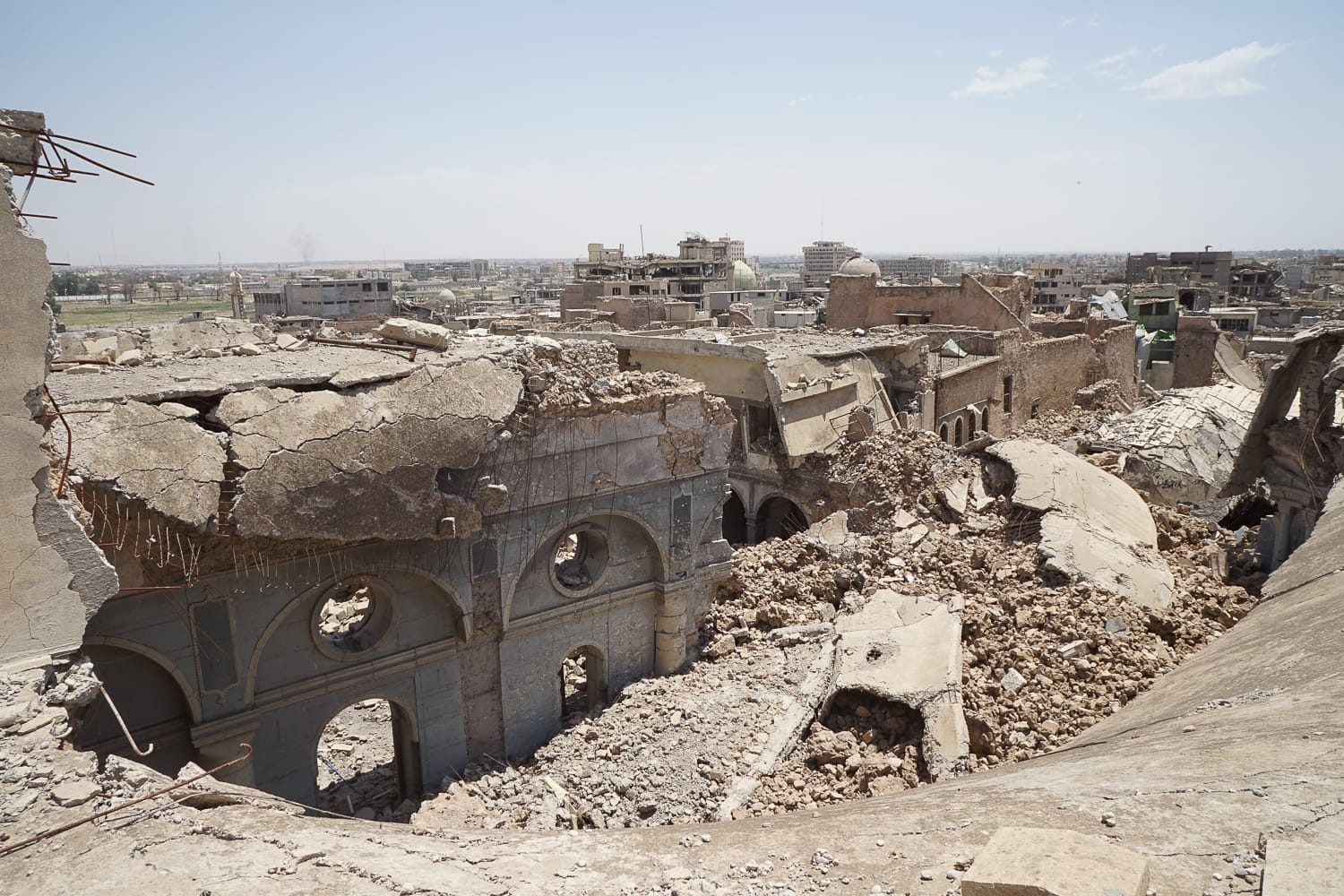
The restoration was spearheaded by UNESCO's "Revive the Spirit of Mosul" initiative, which began in 2018 with a total cost of $115 million. The project received critical funding from the United Arab Emirates and the European Union.
Speaking inside the restored Al-Tahira Church, Prime Minister al-Sudani stated: "This church rises from the rubble to represent the house where the Lord gathers people's hearts without division or hostility, in a coexistence as old as Iraq itself." He described the reopening as a testament to "the spirit of Mosul and the brotherhood that unites its people."
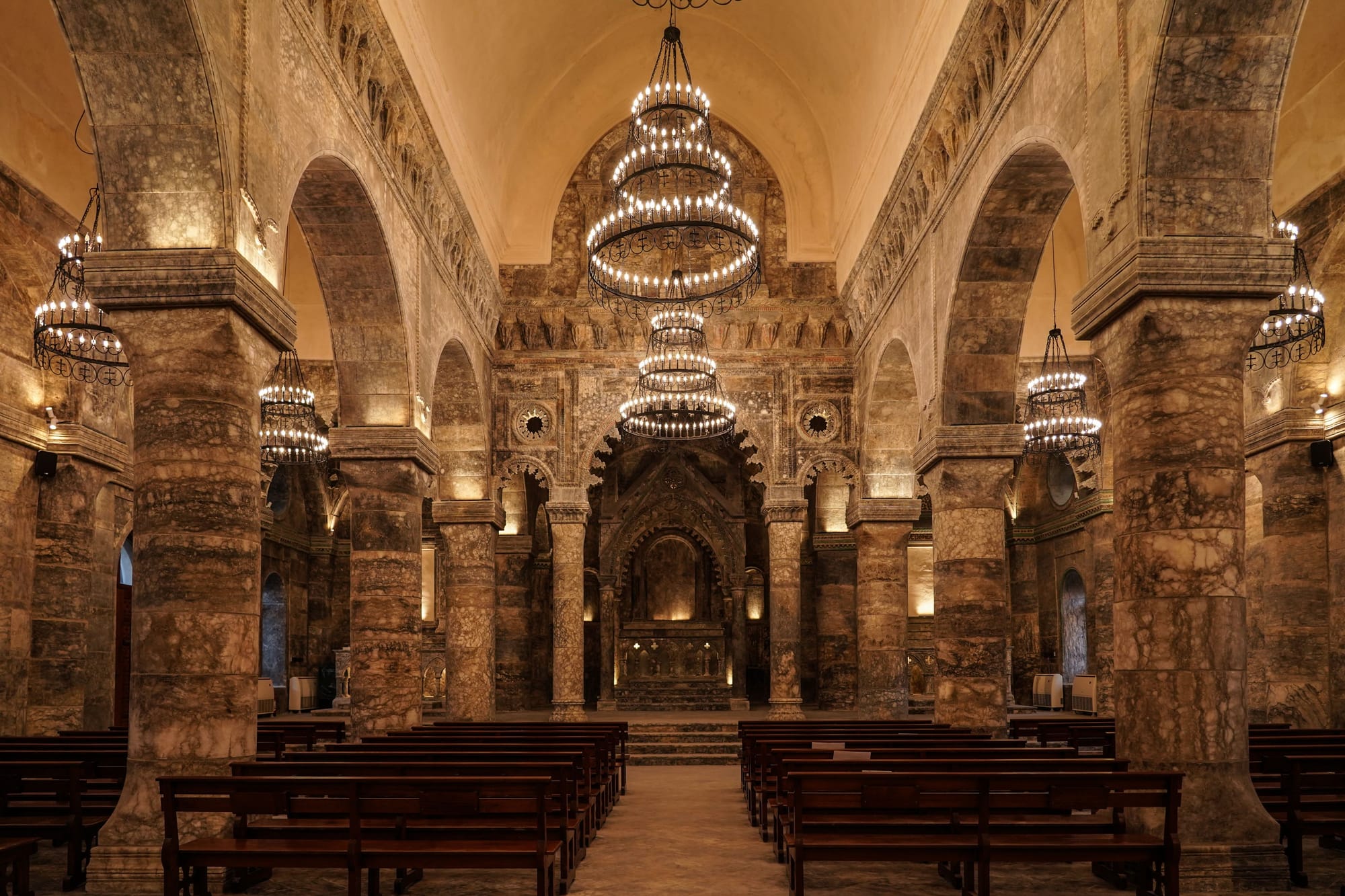
The Mar Toma church had been used as a prison by ISIS, which also heavily damaged the 13th-century Door of the Twelve Apostles, sculpted from farsh, a local marble. Fadi, 27, a Christian resident of Mosul, was part of the Franco-Iraqi team that worked on restoring the door after training for three years.
"It's a sign of hope," Fadi told Vatican News. "It shows the Christians living abroad that things are better here now, that they can move back home."
The church of Mar Toma was reconsecrated in an Orthodox ceremony, while the reconsecration of Al-Tahira was scheduled for later in September. Monsignor Hugues de Woillemont, Director General of L'Oeuvre d'Orient, stated: "Today is a great celebration not only for Mosul's Christians, but for all its inhabitants. Worship will begin here again. And the church bells will ring out once more."
However, the ceremony carried deep emotional weight for Mosul's Christian community. Archbishop Benedictus Younan Hanno, bishop of Mosul and its surroundings for the Syriac Catholics, delivered a poignant appeal to the prime minister urging the government to extend the same dedication shown to restoring heritage toward "rebuilding the Christian people."
Hanno highlighted that approximately 80 percent of Iraq's Christians face violations of their rights and denial of basic protections, with many driven into exile.
"Iraqi Christians migrated under compulsion, leaving their homeland in tears and pain," Hanno said. "They continue to look forward to returning, longing to see Iraq as a beautiful country again, able to embrace its Christian children alongside their brothers from other communities."
Most of Mosul's Christian population fled when ISIS launched its offensive in 2014. In 2003, Mosul's Christian population stood at around 50,000. Today, fewer than 20 Christian families remain as permanent residents in the city, although some who resettled in the semi-autonomous Kurdish area of northern Iraq still return to Mosul for church services.
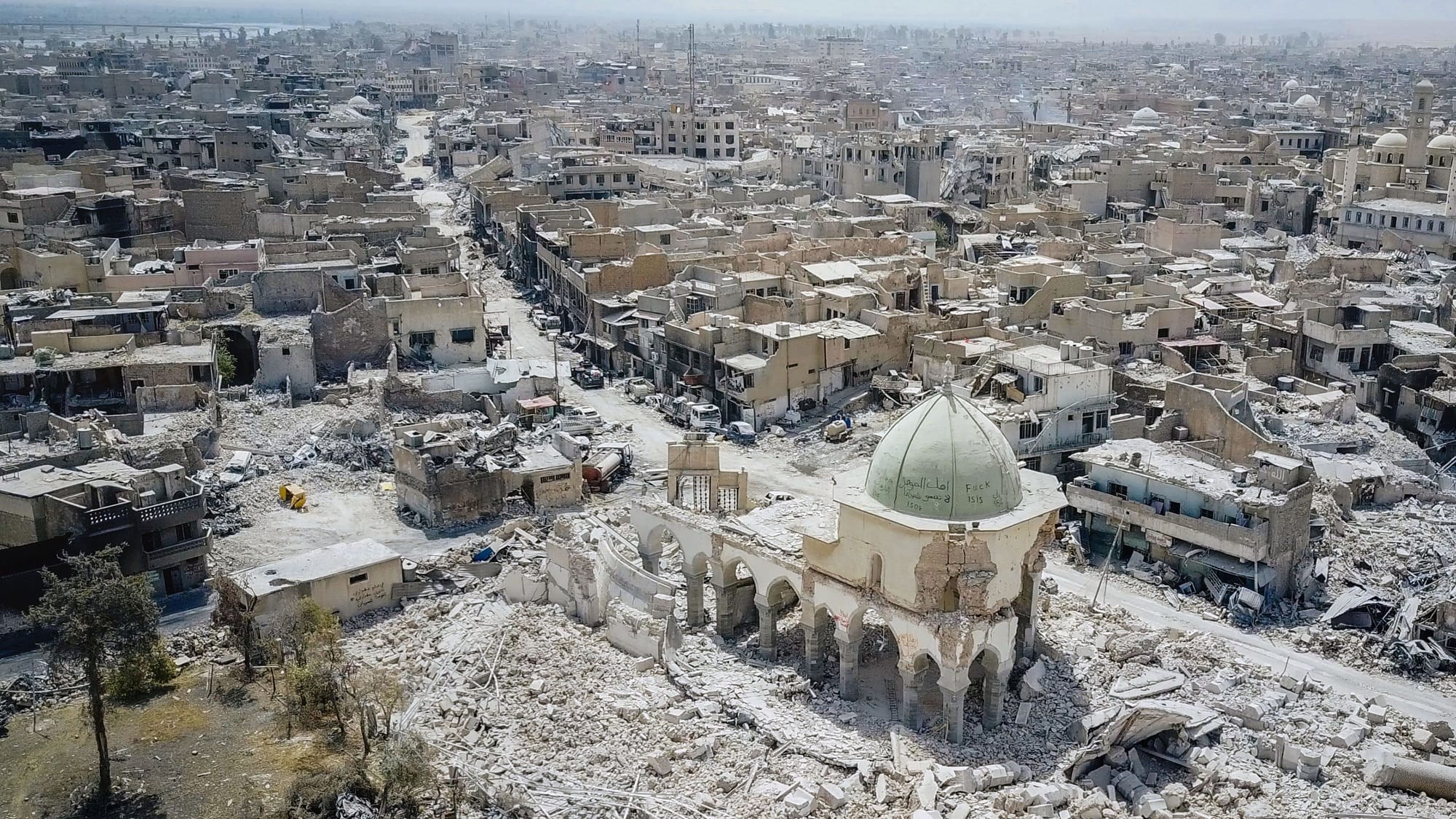
Yohanna Yousef Twaya, director of the human rights NGO Hammurabi, noted that the two churches restored by UNESCO are only a few of dozens that need repair. He stated that only 60 Christian families have returned to Mosul and expressed hope that more faithful will return once the churches open officially.
During ISIS occupation, the terrorists not only demolished historic churches but also repurposed many as military bases, weapons storage facilities, and detention centers. Al-Saa'a Convent, established in 1870, was converted into a prison by ISIS. The convent's archive of ancient religious manuscripts was narrowly saved and smuggled out of the city by Father Najeeb Michaeel, today the Chaldean Archbishop of Mosul, and his team before ISIS could destroy them.
The restoration project trained more than 1,300 young people in traditional skills and drew on the thoughts and expertise of local community members.
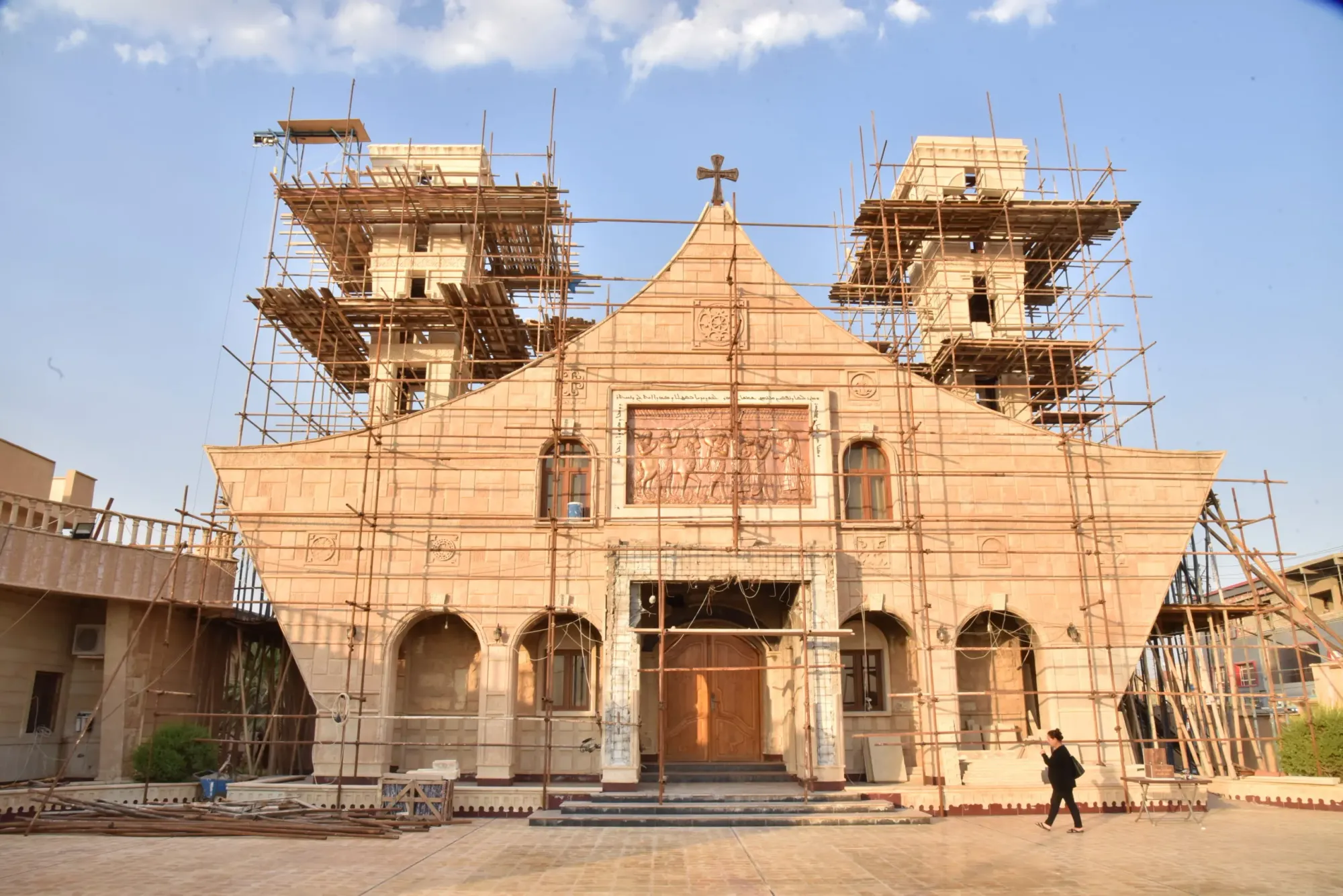
The event concluded with a symbolic gesture: Archbishop Hanno, Prime Minister al-Sudani, and other attendees rang the church bell and planted an olive tree in the courtyard.

THE CRUSADERS OPINION
ISIS tried to erase Christianity from Mosul. They failed. These reopened churches prove Christ's Church cannot be destroyed.
Islamic State terrorists desecrated sacred spaces, imprisoned Christians, and slaughtered believers. They demolished churches that stood for centuries, hoping to eliminate Christian presence forever.
But churches rebuilt testify to Christian resilience ISIS couldn't break.
Yet the victory rings hollow. Mosul's Christian population collapsed from 50,000 to fewer than 20 families. Eighty percent of Iraq's Christians face persecution. Most fled and won't return.
Restoring buildings means nothing if Christians cannot safely worship there. Iraq's government restored stones but failed to protect people.
Archbishop Hanno's plea exposes the truth: Iraq wants Christian architecture for tourism but not Christian communities as citizens. These churches risk becoming museums, not sanctuaries.
ISIS's genocide succeeded. They ethnically cleansed Christians from ancient homelands through terror. Reopened churches can't resurrect murdered believers or return exiled families.
The West abandoned Iraqi Christians to ISIS butchery, then praised building restoration as "coexistence." This is propaganda masking catastrophic failure.
Real justice requires prosecuting every ISIS member involved in Christian persecution and creating security allowing believers to return safely. Anything less mocks martyrs' memory.
These restored churches stand as monuments to Islamic terrorism's devastation and Western Christendom's abandonment of persecuted brothers.
Take Action: Support Iraqi Christians
Aid to the Church in Need: https://www.churchinneed.org/where-we-work/middle-east/iraq/
Hammurabi Human Rights Organization: Support NGOs working for Iraqi Christian rights and safety
Demand:
- International prosecution of ISIS members for crimes against Christians
- Security guarantees allowing Iraqi Christians to return home safely
- Financial support for displaced Christian families
Pray for Iraq's remnant Christian community and those who cannot return home.
Retry




